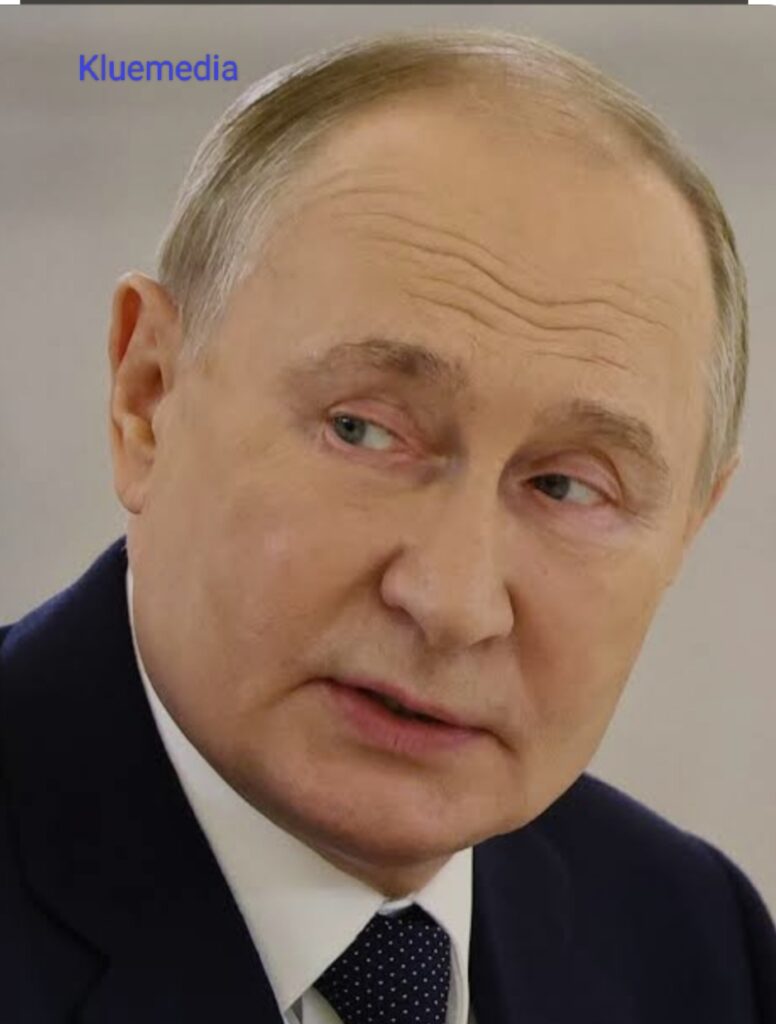
Russia has removed Colonel General Gennady Anashkin, the commander of the South Forces Group, after he made false claims about the progress of Russian military operations in parts of eastern Ukraine, according to military bloggers and Russian media outlets.
Anashkin’s dismissal follows reports that he misrepresented the situation near the Siversk settlement in the Donetsk region, which has been a focal point of heavy fighting. Bloggers claim that Anashkin’s misleading reports about Russia’s advances in the area were part of a broader issue of misinformation coming from several commanders about the situation on the ground.
Russian media outlet RBC cited unnamed sources within the Russian Ministry of Defense, who claimed that Anashkin’s removal was part of a planned rotation within the military leadership. However, the Ministry of Defense has not issued an official statement confirming this.
Anashkin’s exit follows heightened scrutiny from military bloggers, many of whom have become influential sources of information throughout Russia’s invasion of Ukraine. The popular Russian military blog Rybar reported that the situation near several frontline settlements has become “synonymous with lies and unjustified losses.” Rybar further noted that it took the Russian military system nearly two months to properly address these reports, which included false claims of territorial gains.
Ukrainian forces, facing what they describe as “one of the most powerful Russian offensives” since the war began, are pushing back in many regions, despite slow progress in some areas.
Military bloggers, often with deep connections within the Russian armed forces and pro-Russian separatist groups, have been a key source of information during the ongoing conflict, offering detailed, if sometimes unreliable, accounts of developments on the frontlines.
CNN has reached out to the Russian Ministry of Defense for further comment, but as of now, no official confirmation has been made regarding Anashkin’s removal or the claims of misinformation.
As the war continues, questions about military leadership and accountability within the Russian forces remain at the forefront, with many hoping that this development might signal a shift in how the Russian military addresses its internal communications and reporting during the ongoing conflict.

